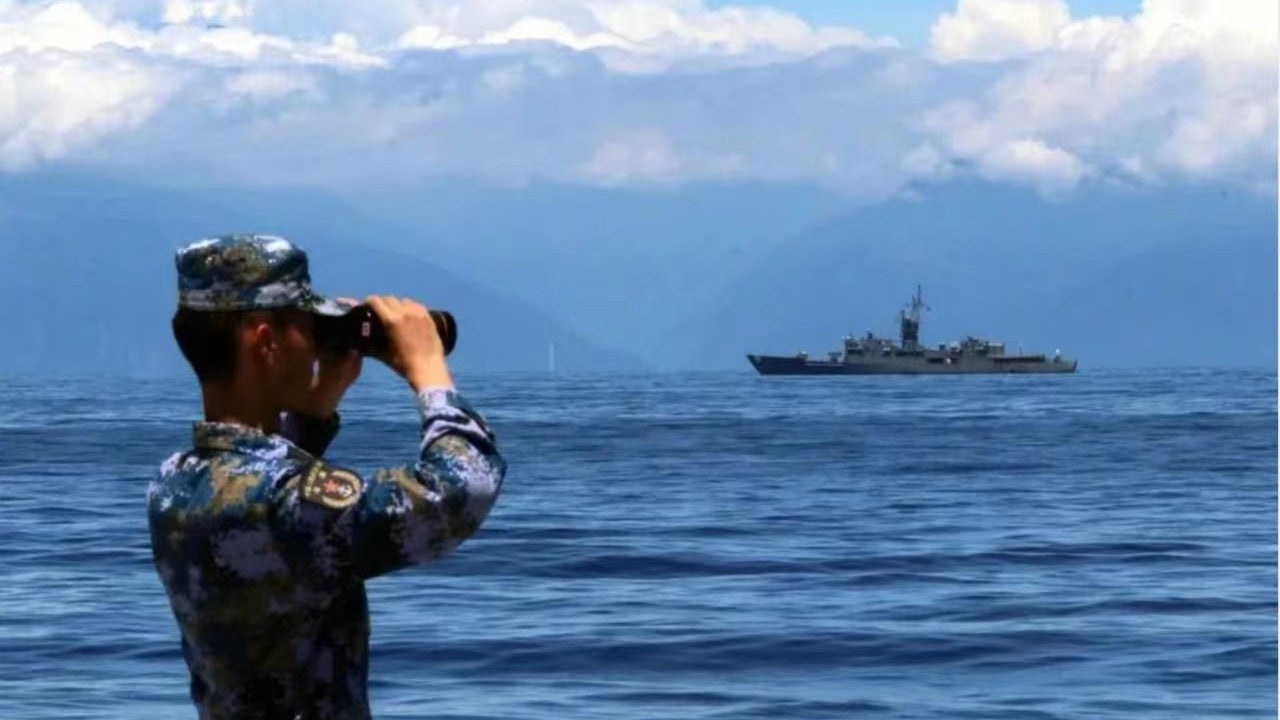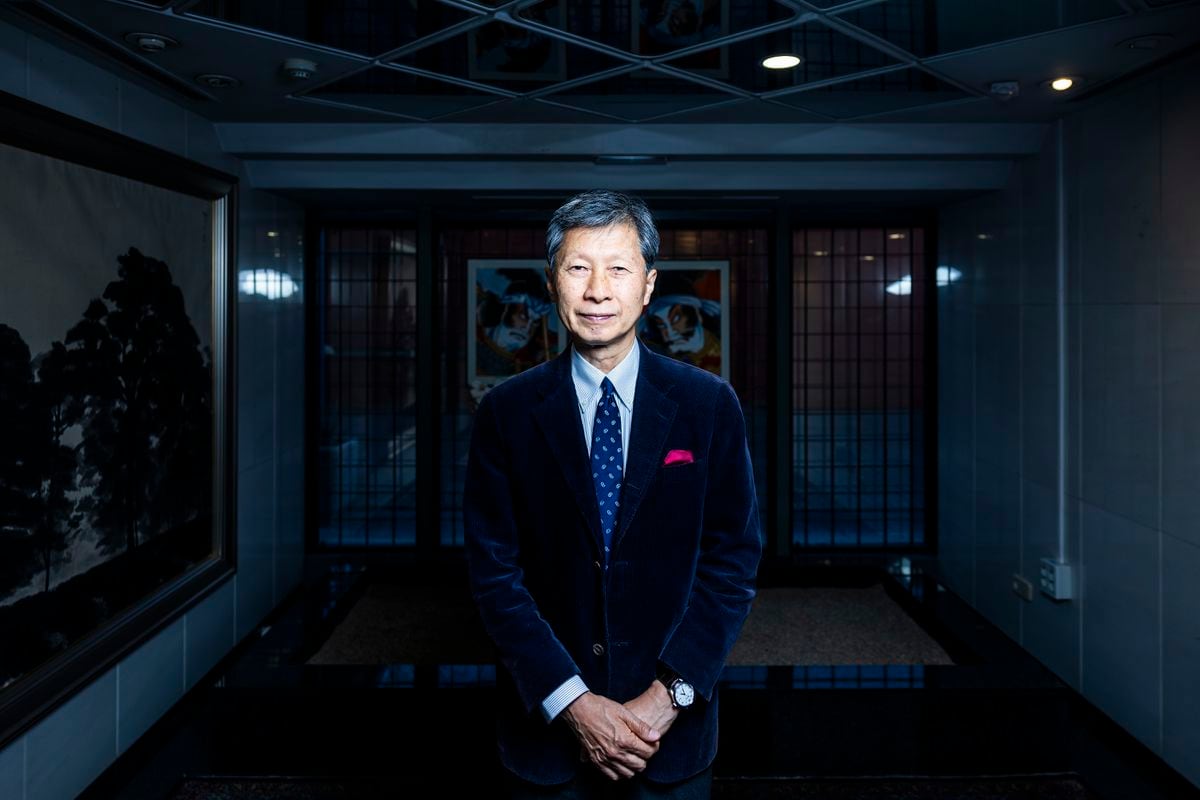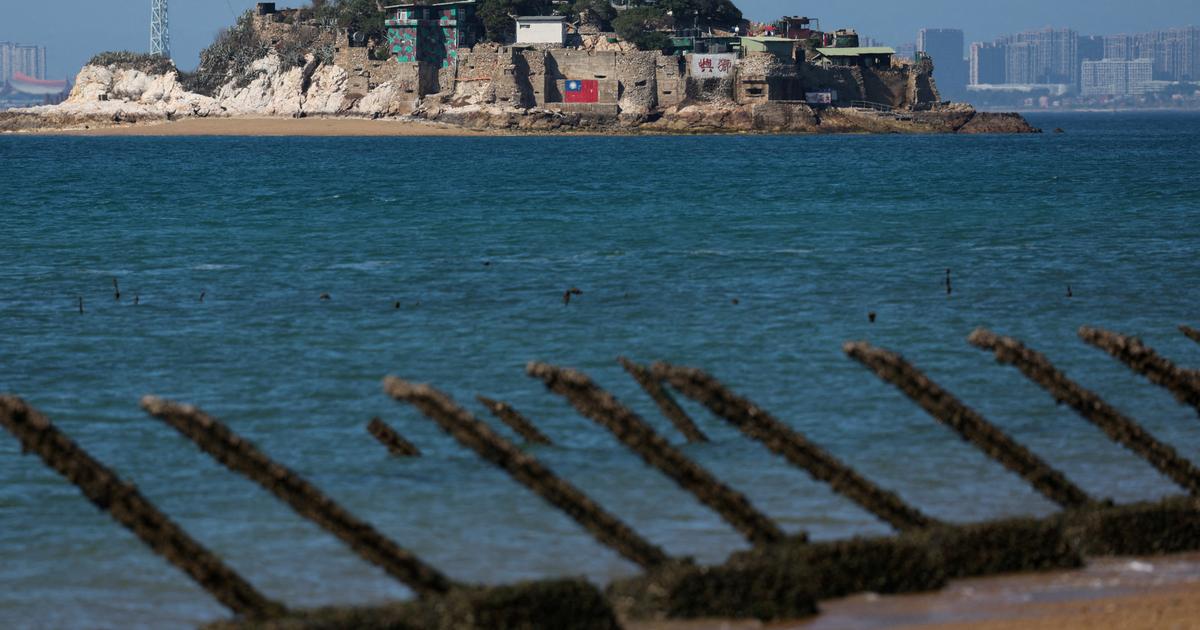Recently, Nancy Pelosi, Speaker of the U.S. House of Representatives, insisted on visiting Taiwan despite strong opposition from China, causing a crisis situation in the Taiwan Strait that has not been seen in decades.
Geopolitics always have the paradoxical characteristics of universal connection - the famous scholar Ye Hailin called India "the main contradiction of China's secondary strategic direction". Now that China's main strategic direction has changed, India, which has been gearing up for China and waiting for opportunities, will What is the strategic response?
As far as Indian politics is concerned, the deterioration of the situation in the Taiwan Strait is the result of some Chinese and Indian politicians "taking advantage of the chaos to build momentum".
On August 3, Shashi Tharoor, a senior member of the Indian Congress Party and former UN Deputy Secretary-General, said that if China further "misbehaves" against India, the government can choose to play the "Taiwan card" like the United States.
He believes that although both the United States and India have recognized the one-China policy, they have all expressed their stance on the surface. They both maintain special economic relations with Taiwan and have a certain number of diplomatic personnel stationed there. Maintaining relations with Taiwan is just "low-key behavior." .
If Sino-Indian relations deteriorate further, India can take the opportunity to express its willingness to deepen cooperation with Taiwan and countermeasures.
On the same day, Indian Congressman Manish Twari called Pelosi's visit to Taiwan historic and said that the possibility of Speaker Om Bira leading an Indian parliamentary delegation to visit Taiwan should be explored.
On May 5, 2021, Taiwan's "Ministry of Foreign Affairs", together with the Indian Taipei Association and the Indian company "Adani Group", jointly held the "Taiwan Assistance Ceremony for India's Anti-epidemic Medical Supplies Donation Ceremony" at the venue of Taiwan's "Ministry of Foreign Affairs".
(Photo by Qu Yanchen)
As far as Indian domestic public opinion is concerned, social media has increased rapidly, and a large number of copied posts are flooding the Internet. The content is mainly to smear China for doing nothing and allow US politicians to visit.
India's cyberspace has launched a "marketing celebration", with the trend of "the United States and Taiwan gain the righteousness, and India rises to the sky", but they have avoided talking about China's blockade-style military exercises and sanctions.
In terms of academic circles, Srikanth Kondapalli, Dean of the Institute of International Studies at Nehru University in India, commented on the visit of US House Speaker Nancy Pelosi, believing that Pelosi's visit may constitute an important turning point in Taiwan's strategic direction.
Xie Gang believes that at the internal level of Taiwan, public opinion may shift from "maintaining the status quo" to seeking Taiwan's sense of identity; at the level of foreign exchanges, the US's defense commitment to Taiwan is moving from "strategic vagueness" to "strategic clarity", which will also exacerbate Taiwan The degree of "internationalization" of the topic.
At the same time, Xie Gang pointed out that at the beginning of the Russian-Ukrainian war, many analysts discussed the possibility of China's military attack on Taiwan, but Pelosi's visit this time gave Taiwan political support and denied this conjecture. It may pay more attention to taking the opportunity to seek support from the international community and accelerate the promotion of the New Southbound Policy.
Kanwar Sibal, a former adviser to the National Security Advisory Council of India and former foreign secretary of the Indian Ministry of Foreign Affairs, wrote a comment on the News18 news website that although India did not choose a side in the Russian-Ukrainian war, it is in the context of the continuing territorial disputes on the Sino-Indian border. , India cannot adopt the same strategy in the confrontation between China and the United States.
He pointed out that India must confront China's expansion on the border, so it should express its concern about the situation in the Taiwan Strait in appropriate terms, oppose the escalation of tensions, and call on all parties to resolve differences peacefully and non-violently.
It can be seen that behind the above behavior is the continuation of the current simple political logic in India.
At present, under the background that "every China must be opposed" has become politically correct in India, "verbal anti-China" is one of the most affordable and convenient ways to obtain political capital - nothing can provoke domestic public opinion in India more than "sovereignty disputes" Its populist nerves will also be more able to win the support of the Indian people.
As the anti-China voices of the people in India continue to rise, politicians and the media are kidnapped by populist sentiments, deliberately catering to and one-sided reports to intercept traffic, which further encourages the "schadenfreude" of the "peanut-eating" people in India. The idea of anti-China and curbing China within the country has stepped on the right foot with the left foot, and stepped on the left with the right foot, which has shown a cyclic upward trend.
Up to now, Indian officials have not made a public statement on Pelosi's visit to Taiwan, but this is only superficial. History has proved that India's small actions are all behind it.
India has refused to support the "one China policy" since 2010 over the Kashmir issue.
When then Chinese Premier Wen Jiabao visited India, the Indian side removed this concept from the joint statement.
When Chinese leaders visited South Asia for the first time in 2014, then-Indian Foreign Minister Swaraj Raj attacked again, threatening Arunachal Pradesh (southern Tibet in China) unreasonably, claiming that India would support the "One China Policy". The "One India Policy" should also be respected.
The situation on the Sino-Indian border has not yet fully eased, and India has been accused of deploying more soldiers to the border with China and taking an "offensive defensive" military posture against the neighboring country.
(Weibo @Charge Horn)
After Modi came to power, the Indian government further strengthened the national narrative, frequently attracted Taiwan separatist forces, and showed favor to the DPP authorities.
When Modi took office in 2014, he invited the so-called Taiwanese ambassador Tian Zhongguang to attend his oath ceremony. After Tsai Ing-wen took office in 2016, he proposed a new southbound policy, claiming that India is one of the representative countries of its new southbound. Modi government officials It has publicly stated that it will promote exchanges and interactions with Taiwan in the fields of trade, investment, tourism, culture and education, and people-to-people and cultural exchanges.
After the Galwan Valley incident in 2020, the conflict between China and India has further intensified. The Indian government's measures against Taiwan have crossed the border more frequently. First, it deliberately increased the qualifications of its diplomatic personnel in Taiwan, and then called it "Taiwan" when "the godfather of Taiwan independence" Lee Teng-hui died. Mr. Democracy", May 20, 2020 The BJP also asked its two MPs, Meenakshi Lakki and Rahul Kaswan, to attend Tsai Ing-wen's swearing-in ceremony via virtual video.
Although India has been increasing its favor with Taiwan in recent years, due to the systematic dependence of its domestic market on China, India has always been afraid of any substantive breakthrough in its relations with Taiwan.
In 2021, the COVID-19 epidemic will hit Taiwan's economic development hard. Tsai Ing-wen's authorities reiterated their interaction with India on the New Southbound Policy, but there was little response in India. After the establishment of the US-Japan-India-Australia Quadrilateral Security Dialogue (Quad), India is also the only one that has not publicly supported Taiwan. Member States that joined the Quartet.
It can be seen that the Modi government has not yet made a substantive challenge to the Taiwan issue at the official level this time. The incident may stimulate the Modi government's ambitions towards Taiwan and urge it to imitate the United States and borrow Taiwan's fire.
(Part of the text in this article is excerpted from the South Asia Research Newsletter, the original title "Zhang Zhengyang: East-West Linkage? India Is Also Taking Advantage of Pelosi to Do Things?"
India has put pressure on Sri Lanka to ask the Chinese survey ship to indefinitely postpone the visit to the Sino-Indian border negotiation | Why has there been no breakthrough, and why are the two sides still willing to continue?
The 16th round of military commander-level talks between China and India reached a 4-point consensus on resolving border frictions






